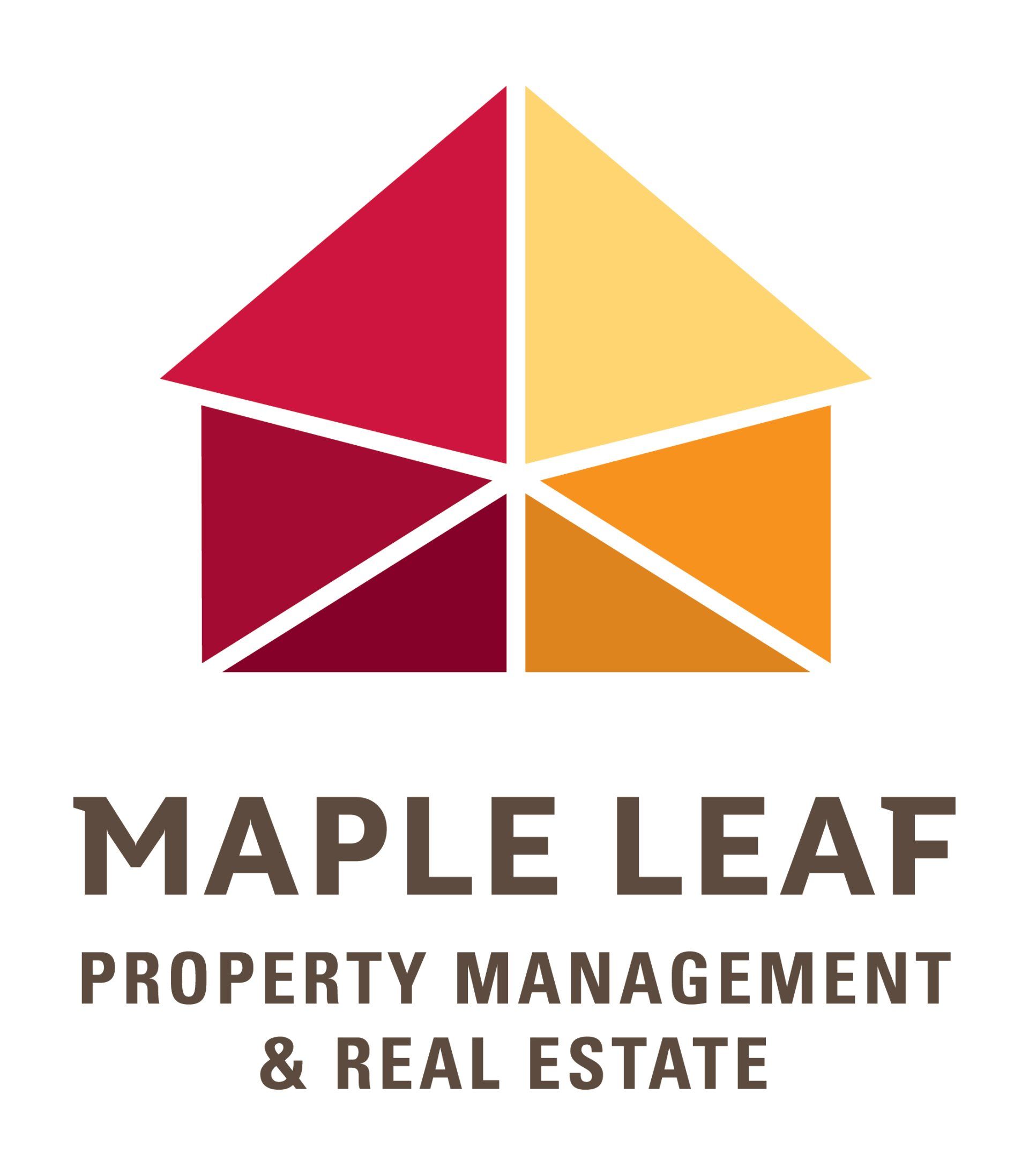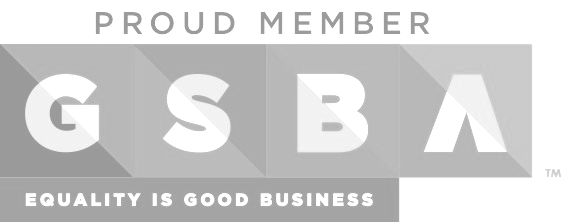Spring 2022 Newsletter
Our Reliable Service | Your Peace of Mind
Spotlight on Property Managers: Melissa Walsh
Melissa has been with Maple Leaf Property Management since August 2015. She started as an assistant and soon obtained her real estate license to become a property manager. In 2021, Melissa completed her "covid quarantine goal" of obtaining her managing broker's license. Melissa loves being involved in an industry that's so essential and so relatable to everyone: housing. From the first stages of touring a new home, to helping people move in and taking care of the property, there's always something to learn and satisfaction both from helping people find a place to live and also from maintaining the owner's valuable asset. Melissa also enjoys being involved in different facets of the company, including writing the quarterly newsletter and serving on the board of the recently formed Maple Leaf Foundation.
Melissa grew up in the Northwest (Lake Stevens) and got her bachelor's degree from the University of Washington. She and her husband spent several years outside of the Seattle area while he was in the Air Force, including time in England. While in England, Melissa had her first experience in property management, working for a government agency that provided housing for senior citizens. Melissa also took advantage of the Air Force years to obtain a master's degree.
Melissa's "weekend gig" is playing the harp with local community orchestras, and she also plays at tons of weddings as a member of the Seattle String Quartet. She loves travel and looks forward to all pandemic restrictions being a thing of the past. In the meantime, she and her husband spend weekends at their youngest daughter's crew regattas, visiting family and spending time with friends.


Why Use Licensed Vendors?
While we all work through the challenges of the labor shortage, it’s important to remember why we only work with licensed, bonded and insured vendors. It could be tempting to do the work yourself or have a friend help, but if you do, you might end up paying for much more than just the repair. Consider these important reasons to hire licensed vendors.
Financial Protection: Licensed contractors must carry insurance to cover any damage to your property or any injuries caused by the contractor. They must also carry workers’ compensation insurance for their employees.
Access to a Bond: When a contractor is “bonded” this means they have access to a bond to provide payment to a customer in the event of poor workmanship.
Government Requirements Met: Licensed vendors are required to make sure all work is up to state and local building codes.
At Maple Leaf Property Management, we only work with licensed/bonded/insured vendors. We have a lengthy vetting process, including a vendor contract that requires a copy of the license and tax information. We’ve also recently added proof of Covid vaccinations as one of our requirements for the peace of mind of the residents. We continue to require masks for anyone entering a property, regardless of vaccination status.





